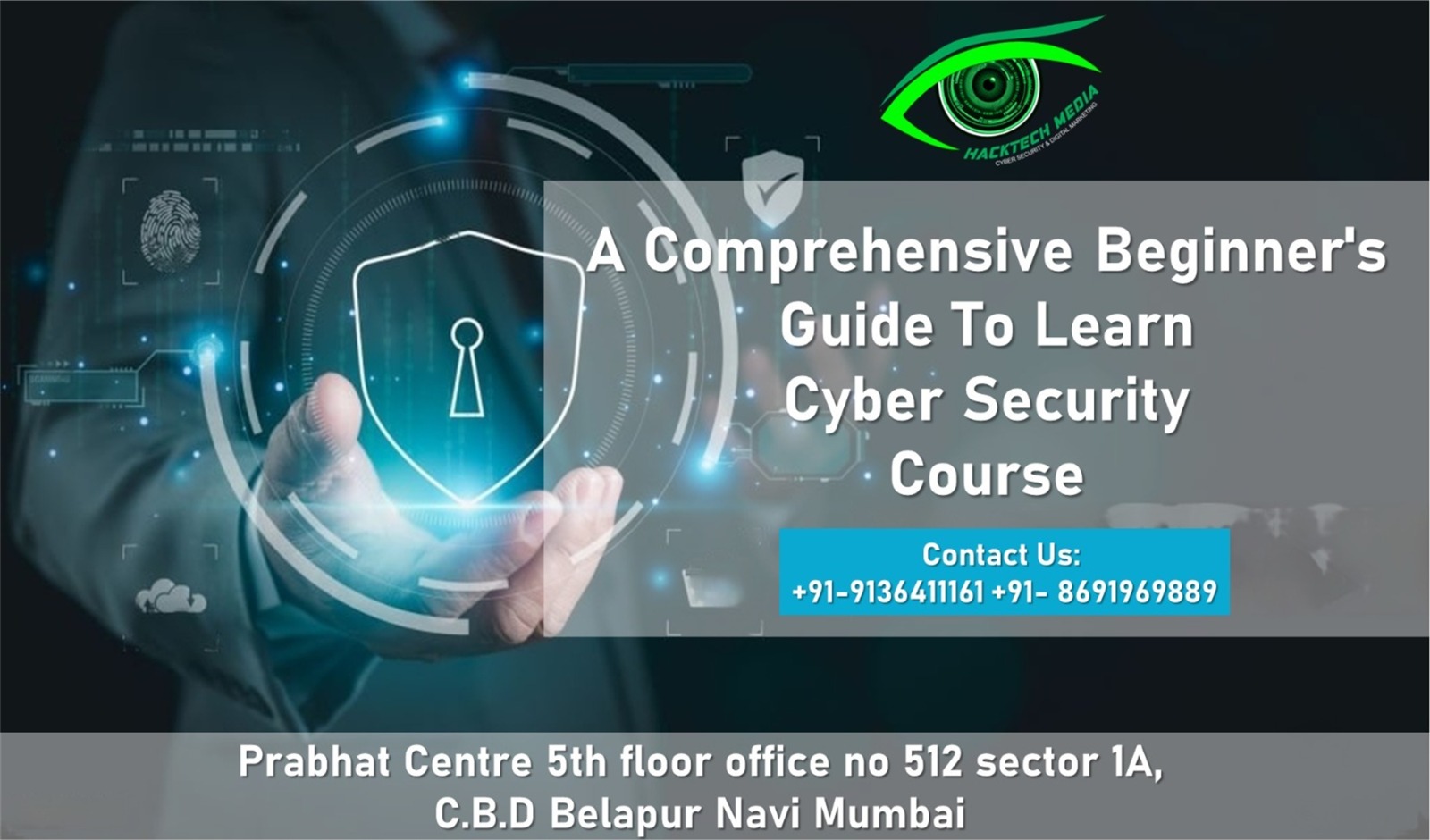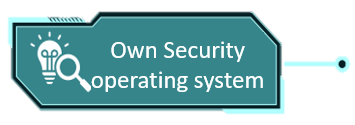Diploma In Cyber Security
- Home
- Diploma In Cyber Security

Diploma In Cyber Security

Course Overview
- Understand core cybersecurity principles and concepts.
- Identify and mitigate common security threats and vulnerabilities.
- Perform ethical hacking and penetration testing.
- Implement effective network and cloud security measures.
- Respond to security incidents and develop incident response plans.
- Comply with security regulations and standards.
- Secure applications through proper coding practices.
- Stay updated on evolving cybersecurity trends and threats.
Course Description
This cybersecurity course provides a comprehensive introduction to the field ofcybersecurity, equipping students with essential knowledge and practical skills to protectdigital assets and mitigate cyber threats. It covers a wide range of topics, from foundationalprinciples to real-world applications, making it suitable for beginners and those looking toenhance their cybersecurity expertise.
Course Objective
- Fundamentals of cybersecurity.
- Awareness of common cyber threats.
- Risk assessment and management.
Use of security technologies. - Effective incident response.
- Compliance with regulations.
- Introduction to ethical hacking.
- Secure coding practices.
- Security policies and procedures.
- Fostering security awareness.
- Hands-on practical experience.
- Certification preparation.
- Stay updated on the threat landscape.
- Career path guidance.
Course Benefits
- Career opportunities.
- Cybersecurity expertise.
- Data protection.
- Industry recognition (certifications).
- Awareness of evolving threats.
- Ethical hacking skills.
- Compliance knowledge.
- Practical experience.
- Strong problem-solving abilities.
- Career advancement.
- Organization protection.
- Global cybersecurity impact
Trainer Profile

Abhishek Shrivastav
Senior Cyber Security Consultant DOEACC O/A/B Level, M.Sc. , MTech.(IT) , CCNA,CCNA Sec. ,CCNP,CCNP Sec, MCSA, MCTS, ,CEH ,CPT CCSA,CCSE,CISA.


Diploma Cyber Security Syallbus
- Overview of cybersecurity fundamentals.
- Importance of cybersecurity in today’s digital world.
- Brief history and evolution of cybersecurity.
- Overview of cybersecurity fundamentals.
- Importance of cybersecurity in today’s digital world.
- Brief history and evolution of cybersecurity.
- Networking concepts and protocols.
- Network security measures and controls.
- Practical networking exercises and simulations.
- Introduction to ethical hacking methodologies.
- Hands-on labs for ethical hacking techniques.
- Legal and ethical considerations in hacking
- In-depth exploration of advanced cyber attack vectors.
- Analyzing real-world attack scenarios.
- Countermeasures and defense strategies.
- Techniques for detecting and mitigating cyberattacks.
- Incident response and recovery procedures.
- Developing effective security incident response plans
- Scripting basics and practical applications.
- Writing and executing scripts for security tasks.
- Automating security processes
- Performing vulnerability assessments.
- Conducting penetration tests.
- Reporting and remediation of vulnerabilities.
- Understanding and creating exploits.
- Exploit development techniques.
- Exploiting vulnerabilities responsibly.
- Securing mobile devices and applications.
- Mobile malware analysis.
- Mobile app penetration testing.
- Securing cloud environments (e.g., AWS, Azure,
Google Cloud). - Cloud-specific threats and vulnerabilities.
- Best practices for cloud security
- Palo Alto firewall architecture and configuration.
- Implementing firewall policies.
- Advanced firewall features and threat prevention
In – depth understanding of log analysis and monitoring techniques in the context of cyber security.
How to collect, analyze, and interpret logs from various sources to identify security incidents, anomali
- Building a secure operations platform.
- Security information and event management (SIEM)
systems. - Continuous monitoring and threat detection.
- Email security threats (e.g., phishing, spam).
- Implementing email security measures.
- Email encryption and authentication
- Comprehensive network security strategies.
- Firewalls, intrusion detection systems (IDS), and
intrusion prevention systems (IPS). - Network segmentation and access control
Benefits For Student









Get a Quote
Ready for Taking Your Asset in Secure
Lorem ipsum dolor sit amet, consectetur adipiscing elit. Ut elit tellus, luctus nec ullamcorper mattis, pulvinar dapibus leo.
